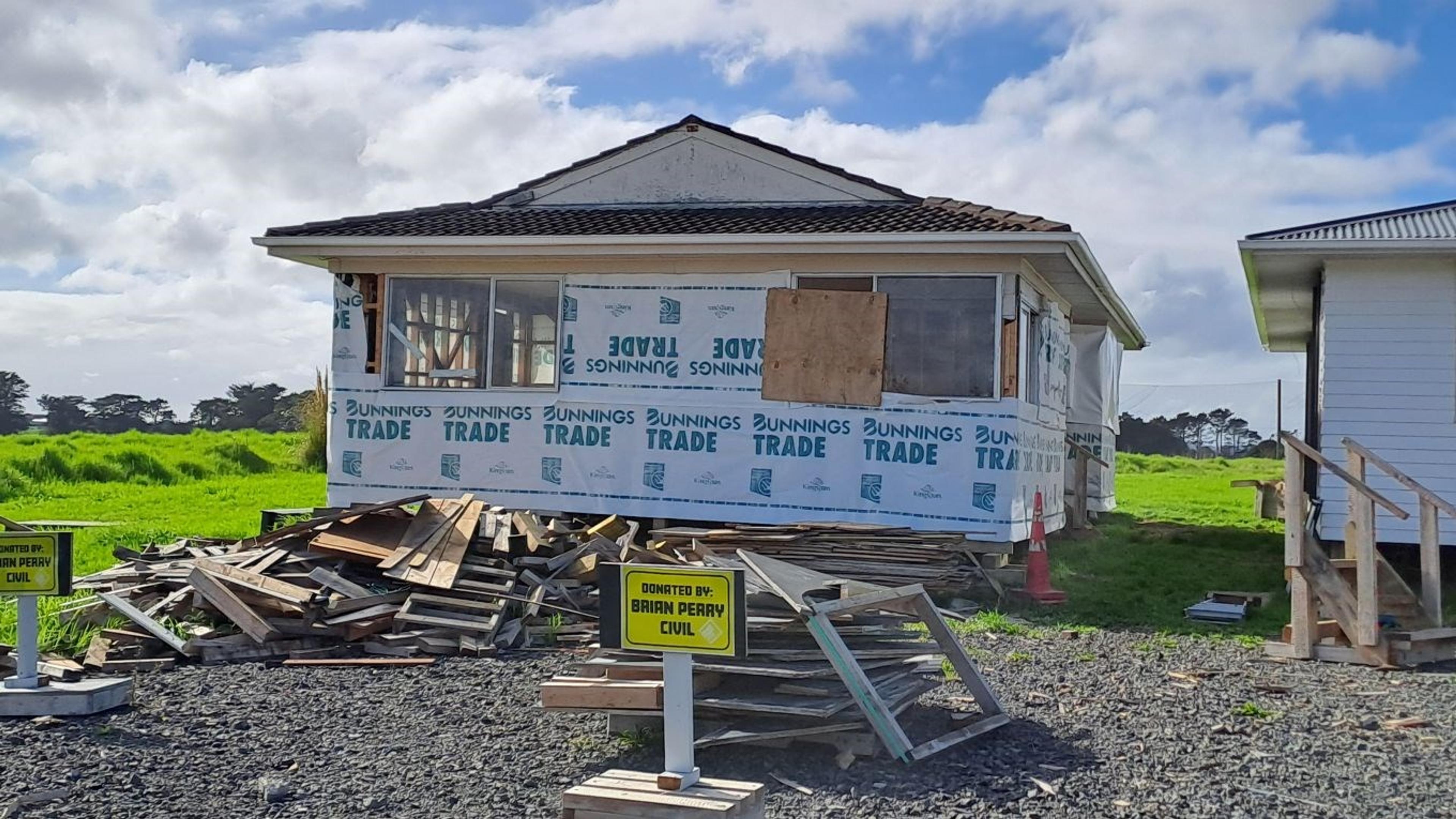

Dave Letele with his Kiwibank Local Hero of the Year award
Photo/ Supplied/ BBM
Calls for fast food chains to invest profits into combating obesity
Following research showing NZ's growing obesity problem, health advocate David Letele says fast food businesses should also be required to invest money into stopping this problem.



Tuvalu seeks official confirmation on mistaken inclusion in US travel ban

Fauono Ken Laban: First Pacific candidate for Lower Hutt city race

Northern Mystics reclaim top spot as finals race heats up


Māngere youth turn derelict houses into jobs and upskilling

Tuvalu seeks official confirmation on mistaken inclusion in US travel ban

Fauono Ken Laban: First Pacific candidate for Lower Hutt city race

Northern Mystics reclaim top spot as finals race heats up
New research indicates New Zealanders and people from six other Pacific nations are among the most obese in the world.
The study by the online pharmaceutical seller Universal Drugstore examined factors including how overweight and obese adults are, childhood obesity, activity levels, and diabetes rates.
Data was collected from places including the World Health Organisation.
Nauru is at the top of the list, Kiribati is third, New Zealand ranks seventh, with Tuvalu, Tonga, Samoa and Palau all in the top 20.
The research shows New Zealand has an obesity rate of 31 per cent of the adult population and 42 per cent are physically inactive.
Nauru’s adult obesity rate is 59.85per cent.
Watch Dave Letele's full interview with Levi Matautia-Morgan on Pacific Mornings.
Pacific health advocate Dave Letele told 531pi's Pacific Mornings that although these statistics are alarming, they are not surprising.
“It’s the food and drink, the lack of exercise, eating crap, drinking crap …not moving around as usual.”
Letele says that living in areas he calls a healthy food desert, where there are not many good options, doesn’t help.
“When you’re time-poor, you grab whatever’s convenient and cheap .... and it’s always crap.”
Letele also thinks that the bigger fast food chains in the most deprived areas should be made to put money into addressing the obesity problem.
“Just like the alcohol trusts, the pokies trusts … where they have to, if they’re in the communities causing harm, they should put some of their profits towards subsidising healthy foods.”
He says educating families about healthy eating and exercising is crucial too.
Letele has some simple tips for affordable things people can to to make positive changes:
Shopping for food specials
Buying good cheap cuts of meat that can be slow-cooked and made tasty
Getting quality carbs from vegetables like taro and kumara
Including greens such as spinach and broccoli
Doing cheap and simple activities like hopping on a bike
Taking a 20-minute walk
Working out together as a family
Limiting devices
The full research can be found here.